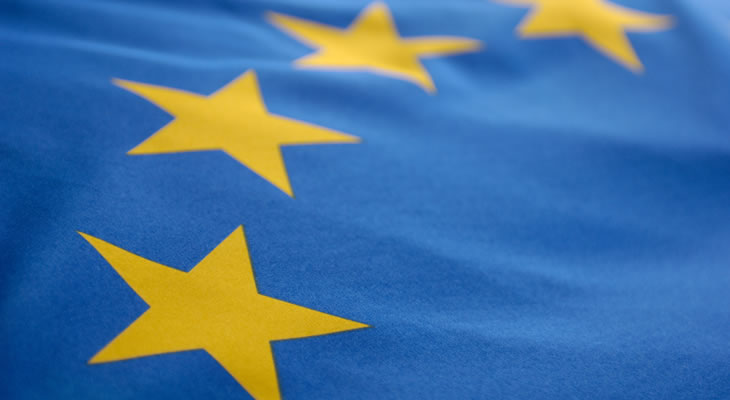The Pound Sterling to Euro (GBP/EUR) exchange rate inched lower on Friday as data released by market research group GfK showed that consumer confidence in the UK fell to its lowest level in eight months despite strong retail sales data being released in the previous session.
The GfK report showed that consumer confidence in the UK slid to its lowest level in nine months in December as optimism over the state of the nation’s economy dropped. The sentiment index fell to a reading of -4, worse than the -1 figure forecast by economists and added to the sense of pessimism seen in November when the index fell to -2.
‘After seven months of flat lining within two points either side of -1, the index has finally moved out of this range, and the bad news for the government is that it has moved downward,’ said Nick Moon, a managing director at GfK.
In contrast, a similar report released in Germany showed that consumer sentiment in the Eurozone’s largest economy hit its best level in eight years as consumers expect the economy to improve in the New Year after narrowly avoiding recession in the third quarter of 2014.
The German index increased from 8.7 to 9.0.
‘Evidently consumers currently assume that the phase of economic weakness in Germany will be temporary and are expecting their domestic economy to return to growth over the coming months,’ said GfK in a statement.
The positivity will be tested however as the conflicts in Ukraine and the Middle East and mounting concerns over the political situation in Greece are expected to weigh.
The Euro also received support from a better than expected Industrial orders report out of Italy and better than forecast Eurozone current account data.
Pound Sterling to Euro Exchange Rate Forecast to Firm
The Pound is forecast to strengthen against the Euro next week, as pressure builds on the European Central Bank to introduce a quantitative easing programme, and as uncertainty builds that Greek Prime Minister Antonis Samaras will fail in his bid to get his presidential candidate elected.
Samaras brought forward Wednesday’s vote for a new president, the first of three, as a vote of confidence. He is essentially daring members of parliament to reject his candidate, Stavros Dimas, because that would force new parliamentary elections, elections that the anti-austerity, neo-Marxist Syriza coalition might win. Dimas secured just 160 votes in the first vote. To win in the third round later this month, Dimas will need 180 votes.
Concerns over Cyprus were also heightened after the International Monetary Fund (IMF) said that it would not give the embattled island nation a further €88 million in bailout money after the country’s parliament delayed a key foreclosure law that was due to take effect at the end of December.
With the markets closed for the Christmas Holiday season next week any GBP/EUR movement will likely be very slight.

